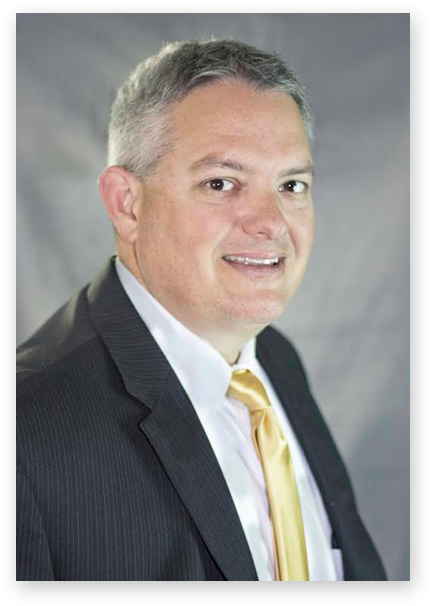Protecting What Matters Most to You
Albaugh Law Firm consists of a group of experienced attorneys who are committed to aggressively protecting what matters most to you—your freedom, your family, your finances, and your future. Whether you are facing misdemeanor or felony charges; are contemplating a divorce or other family law issue; are considering bankruptcy; or are facing foreclosure, our skilled and passionate Jacksonville bankruptcy & St. Augustine criminal lawyers are here to help and protect you. From our offices in St. Augustine and Jacksonville, we serve clients throughout Florida’s First Coast region.
Seasoned Trial Lawyers Ready to Go to Bat for You
Each of the Jacksonville & St. Augustine lawyers at the Albaugh Law Firm is a former prosecutor and experienced trial attorney. They are familiar with both sides of the courtroom and can tailor your representation accordingly. Our team is ready to go toe-to-toe with prosecutors, banks, insurance companies, big corporations, defense lawyers, and any other party, big or small. We have fought for our clients at the negotiation table and in the courtroom across a wide variety of practices, protecting their finances, their rights, their families, and their freedom.
Our Jacksonville & St. Augustine lawyers have successfully litigated thousands of cases in the following areas:
- Criminal Defense
- Family Law
- Consumer Protection / Bankruptcy
- Personal Injury
View our excellent case results to see what we have been able to accomplish for our clients and what we could do for you. Discuss your legal options with a member of our team as soon as possible to ensure that you have the best possible chance of a successful outcome.
Reasons to Choose Albaugh Law Firm
If you have a criminal or civil legal matter in St. Augustine or Jacksonville, the dedicated and effective trial lawyers at Albaugh Law Firm are ready to hear your case. We have helped thousands of clients find recovery and relief over our decades of dedicated service to northern Florida. At Albaugh Law Firm, you get the benefit of:
- Free initial case consultation
- 70+ years of combined experience
- Outstanding reviews on Avvo and Google
- Former prosecutors with extensive trial experience
- Seasoned litigators handling even the most complex cases
The Jacksonville bankruptcy & St. Augustine criminal lawyers at Albaugh Law Firm share more than seven decades of combined legal experience. Thanks to our dedication to our practice and our genuine concern for each client’s wellbeing, we have continued to receive glowing testimonials from satisfied clients.
Criminal Defense
Our St. Augustine criminal lawyers have a strong record of success when it comes to defending clients in the courtroom. We know how to get charges reduced, dropped, or dismissed, or get clients acquitted. We represent clients facing all misdemeanor and felony charges, including:
- Assault
- Battery
- Drug crimes
- Juvenile crimes
- Sex crimes
- and more…
Family Law
Whether you need to protect your rights as a parent or separate from your spouse, our attorneys are ready to protect your rights. We know the law, we know the courts, and we know what arguments and evidence work. Approach us today if you need legal representation for:
- Adoption
- Alimony
- Child custody
- Child support
- Divorce
- and more…
Bankruptcy and Debt Relief
If you are facing mountains of debt and do not know where to turn, Albaugh Law Firm is here to help. We can help you find financial relief from debt or protect your consumer rights against aggressive debt collections or unjust foreclosure. Our Jacksonville bankruptcy lawyers handle debt relief matters including, but not limited to:
- Chapter 7 bankruptcy
- Chapter 13 bankruptcy
- Foreclosure defense
- Loan modifications
- Repossessions
- Creditor harassment
- and more…
Personal Injury
Have you been injured in an accident in Jacksonville or St. Augustine? Was someone you care about hurt by someone else’s negligence in northern Florida? Albaugh Law Firm can help you fight for the compensation that you deserve for:
- Car Accidents
- Dog bites
- Medical malpractice
- Motorcycle accidents
- Nursing home abuse
- and more…
Get Trusted Advice and Representation in St. Augustine or Jacksonville Today
The dedicated Jacksonville bankruptcy & St. Augustine criminal lawyers at Albaugh Law Firm are prepared to provide the solid legal protection that you need. When you choose to work with us, your attorney will fight tirelessly to protect your rights, your freedom, your finances, your family, and your future. We will be with you every step of the way, and we will not back down until you get the results you deserve. Reach out to our Florida litigation lawyers to schedule your complimentary case evaluation.







